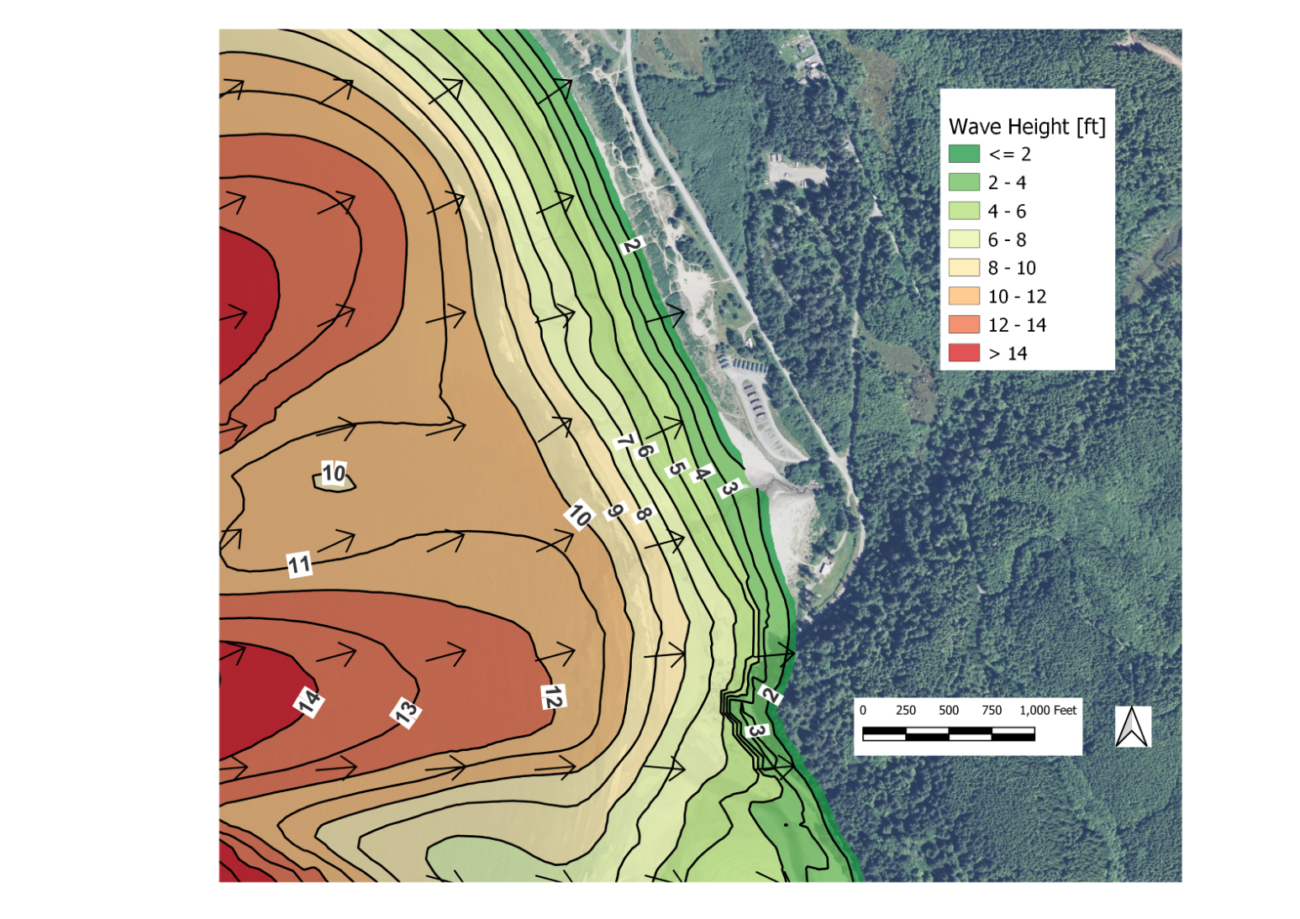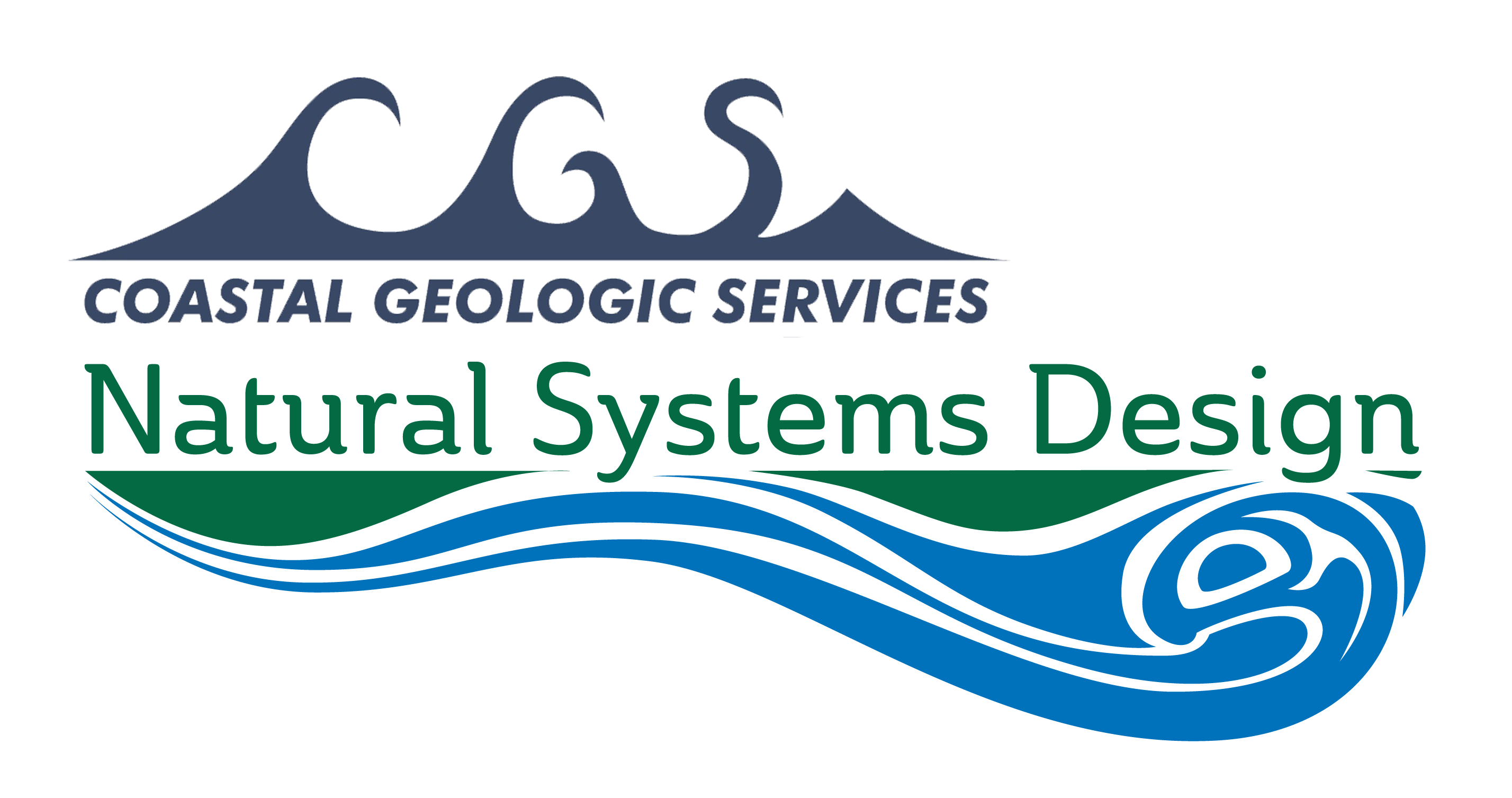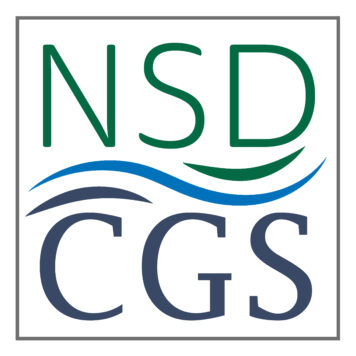NSD’s work revolves around water – how much there is, where it is going, and how it gets there. We routinely apply hydrologic and hydraulic modeling tools to help us understand these essential flow processes and test our management options. Our technical staff provides extensive hydrologic, hydraulic, sediment transport, and morphodynamic modeling experience across a broad range of environments and platforms. We commonly use HSPF, HEC-HMS, HEC-RAS, RiverFlow 2D, SWAN, SMS, Delft3D Flow, Delft3D FM, and XBeach but are adept at using many other available modeling tools.
We utilize hydraulic models extensively to support our coastal assessment, geomorphic analysis, and restoration designs. Restoration designs are highly iterative and recent advances in minimizing 2D and 3D hydraulic model computing time allow us to test many versions of our designs to understand how restoration elements (e.g., spacing, width, height, and sediment and bed characteristics) interact with waves and flow to create and sustain coastal, estuarine, and riverine habitats. We also model future changes to test how changing climate will influence flow volumes and elevations, how future risk will change, and how habitats will develop over time.
NSD also has three Certified Floodplain Managers (CFM) on staff who support mapping of existing and future FEMA floodplains. Our projects often must result in no rise of the existing base flood elevation or require floodplain re-mapping with associated Conditional and Final Letters of Map Revision (CLOMR/LOMR). NSD staff understand the requirements and timelines for these processes and can successfully navigate a project through local and FEMA floodplain regulations.


